Happy Sunday, friends, and welcome to another weekend reading–our last pre-holiday edition of the year! I’m excited to share five scrumptious recipe links and five thought-provoking articles, as always.
Let’s start with something light and snackable: an unusual baked kale chip recipe from Essential Vegan.
Parsnips are among my favorite vegetables, and this rustic parsnip soup recipe is calling my name.
I love the idea of a simple, rustic pasta dish with chickpeas and rosemary–so simple and hearty.
An absolutely gorgeous herb-y millet pilaf with harissa roasted vegetables. This one is on my “must make soon” list.
And for dessert, these exquisite vegan molasses cookies from Faring Well.
Reads
1. A really interesting, thoughtful, and hard-hitting article about how the medical community’s use of “risk factors” in managing health care is leading to overly aggressive preventive treatment–treatment that ranges from annoying at best to potentially risky at worst.
2. The Gastropod podcast is a new favorite of mine; it’s a smart, unconventional, and informative look at food through the lens of science and history. This podcast on kelp (the “kale of the sea”) caught my attention, and didn’t disappoint.
3. A very interesting article about the push for pharmaceutical solutions to female sexual dysfunction (unrelatedly, I find the term “sexual dysfunction” to be a bit cold and marginalizing — but that’s another story). The tension here is compelling–on the one hand, attempts to craft a “female viagra” reflect a call for female sexual dysfunction to get the same kind of attention that the medical community has given erectile dysfunction. But female sexual dysfunction, unlike male, often involves a lack of arousal, or impediments to complete arousal. Drugs like Viagra don’t create arousal; they help to sustain anatomical expression of arousal. So, are male and female sexual dysfunctions comparable? Worth reading.
4. Theo Colborn, the woman who helped to get BPA out of plastic water bottles (and was called the Rachel Carson of her generation) passed away recently. I liked reading this tribute to her life and work.
5. I love, love, love this post, which focuses on hype in press releases and its impact on journalism (specifically, science journalism). As we all know, our community is flooded with sensationalized, alarmist headlines (“is _____ making you fat??” / “could _______ be destroying your health?!”). These articles often cite a peer reviewed study, but they report findings inaccurately or with spin, a new study from the UK shows”
“The results, published December 9 in the British Medical Journal, showed that 40 percent of press releases contained explicit advice not indicated in the journal article. Another 33 percent of claims in press releases used stronger language than in the journal article. Finally, 36 percent of press releases inferred that a finding was related to human health when the study was not actually performed in humans…
The most important thing to remember is that there are people, and sometimes patients, waiting on the end of the news cycle. “I wouldn’t be doing [healthnewsreviews.org] if I didn’t think that these kinds of messages and misleading conclusions and observations and statements made in many news releases have the potential — and indeed I think that potential is realized — of hurting people at the end of the food chain,” Schwitzer says. Everyone in the news cycle bears responsibility, in the end, for getting it right.”
Amen–and all the more reason why it’s so important for consumers to do their own research, find original articles, and not draw conclusions based on study abstracts. I hope that this new study has an impact on science journalism.
It’s been a big week here at CR! I’m giving away an incredible superfood smoothie kit from Beaming, and if you missed it yesterday, you should enter to win now!
Also, on Thursday I announced that I’ll be helping to lead an incredible culinary training program in Costa Rica this spring. Check it out!
On that note, friends, a late goodnight.
xo
You might also like
Happy Sunday, all. We made it through our first week of 2017! One of the links I’m sharing this Sunday is Stella Blackmon‘s reflection on making friends as an adult. It’s refreshing, an honest look at how hard it can be to explore new situations, to put oneself out there, to accept that intimacy takes time. A few weeks ago, I had dinner with a friend. It had been too long–at least six months, if not more. As he and I got to…
Happy Sunday, everyone. In spite of the arrival of April on Friday, it’s suddenly very cold and windy here, which makes me glad that I had the instinct to whip up a big pot of soup this weekend. I’ve spent this early morning doing some reading for my Food, Nutrition, and Behavior class; we’ve transitioned in our coursework from what might be called more biological studies (appetite, cravings, nutrient acquisition) to a more anthropological focus. Right now we’re reading Sydney Mintz’s fascinating book, Sweetness and…
Lately I feel as if most of my Sunday reflections are inspired by, or a paraphrase of something that someone else has told me. I’m short on words lately, so I’m more than happy to take inspiration from others. Last Sunday, I wrote about a case of the Sunday Scaries and the good advice that I got in response to it. I’m not quite in the throes of the Scaries right now, but my anxiety has been pretty bad this week. It’s been…
A couple weeks ago, a reader passed along Carrie Arnold’s insightful article into treatment of chronic, adult anorexia. It’s been a long time since any reading material about EDs has brought up so much emotion for me. One reason may be that much of what I read about anorexia is focused on teens and young adults. I was eleven when I became anorexic for the first time, which means that the disease and its relapses shaped my adolescence and early adulthood. With each…


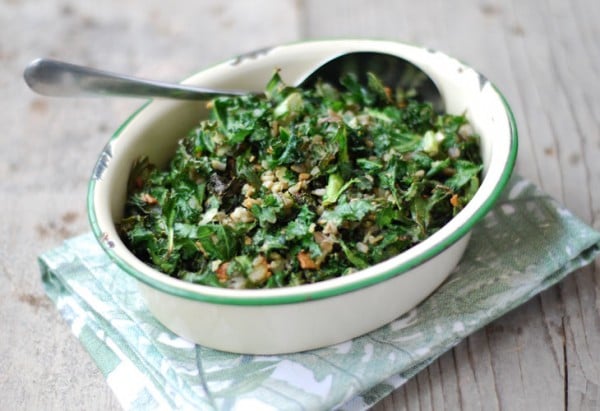
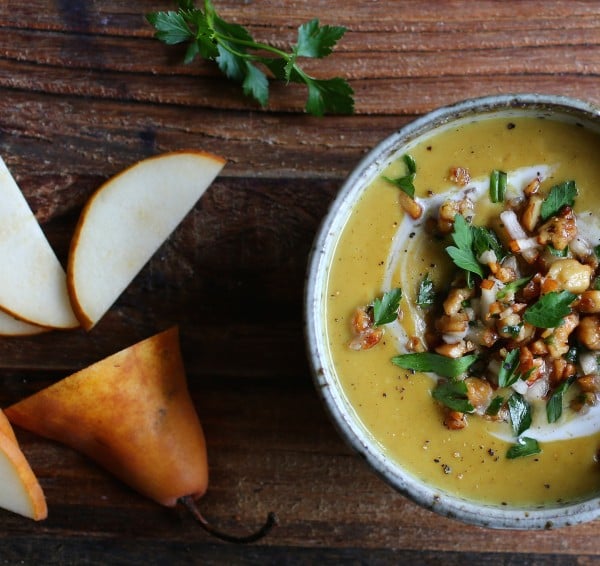
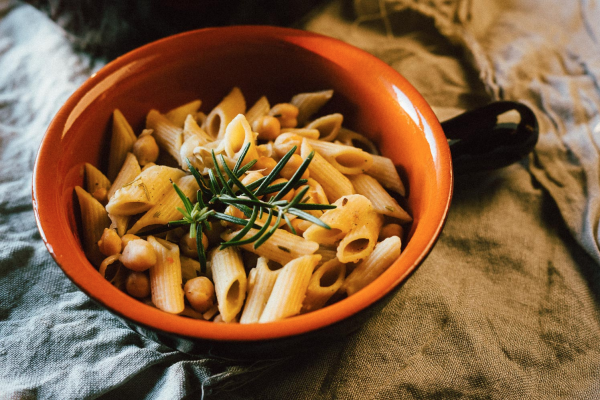
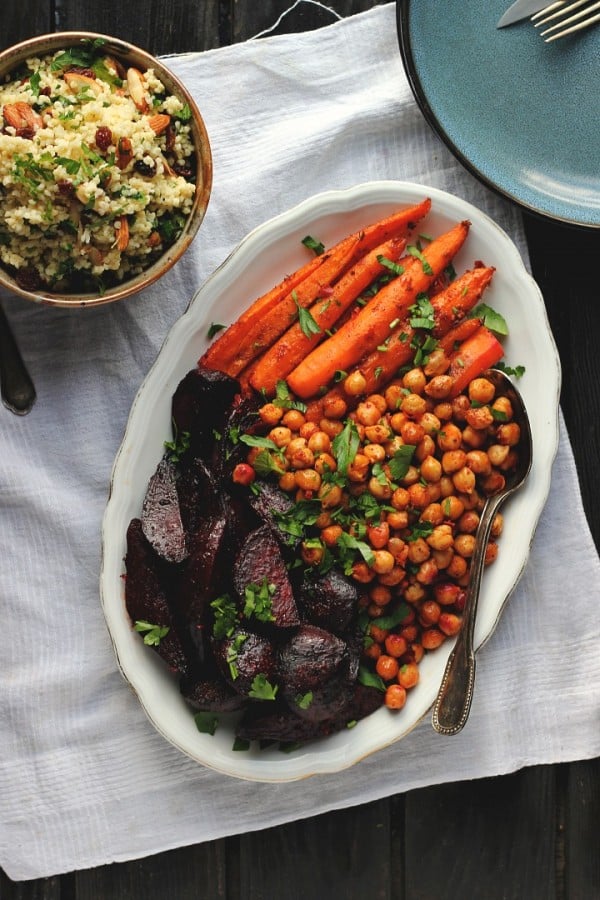
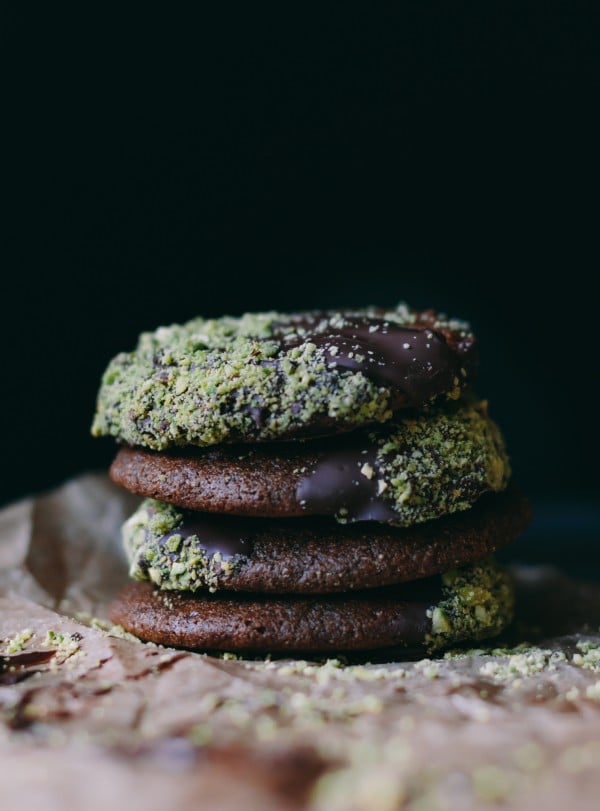
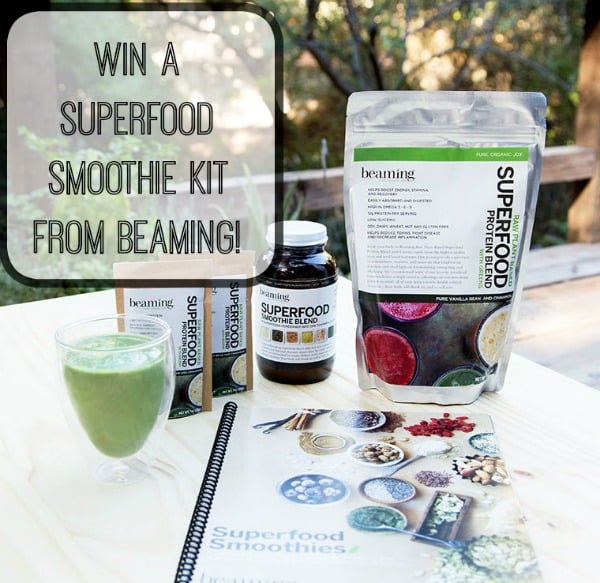
Leave a Comment
Really nice recipe. I love soup recipe and your recipe was always delicious
I am so glad to enjoyed weekend reading. You sharing an all delicious recipe with us.
wonderful list and i love coolies
thanks for sharing
thanks for sharing
Happy Holidays! Thank you for including my Rustic Parsnip Soup in your Weekend Reading round-up to your readers! I’m so happy the soup caught your interest. I hope you try and like it! Best wishes to you for a lovely new year!
The soup looks wonderful! Thank you for it — happy new year.
great article
Another wonderful list! I always enjoy seeing what you have to share!
I’m so glad you enjoy weekend reading!
All of those recipes look so so so good!
Hi Dear! Thanks a lot! We’ll be following you! <3
Thank you so much, Gena! Sending warm wishes right back at ya! xx
Thank you for the link love!! Happy first day of winter!! -xo
Thank YOU! Happy new year.